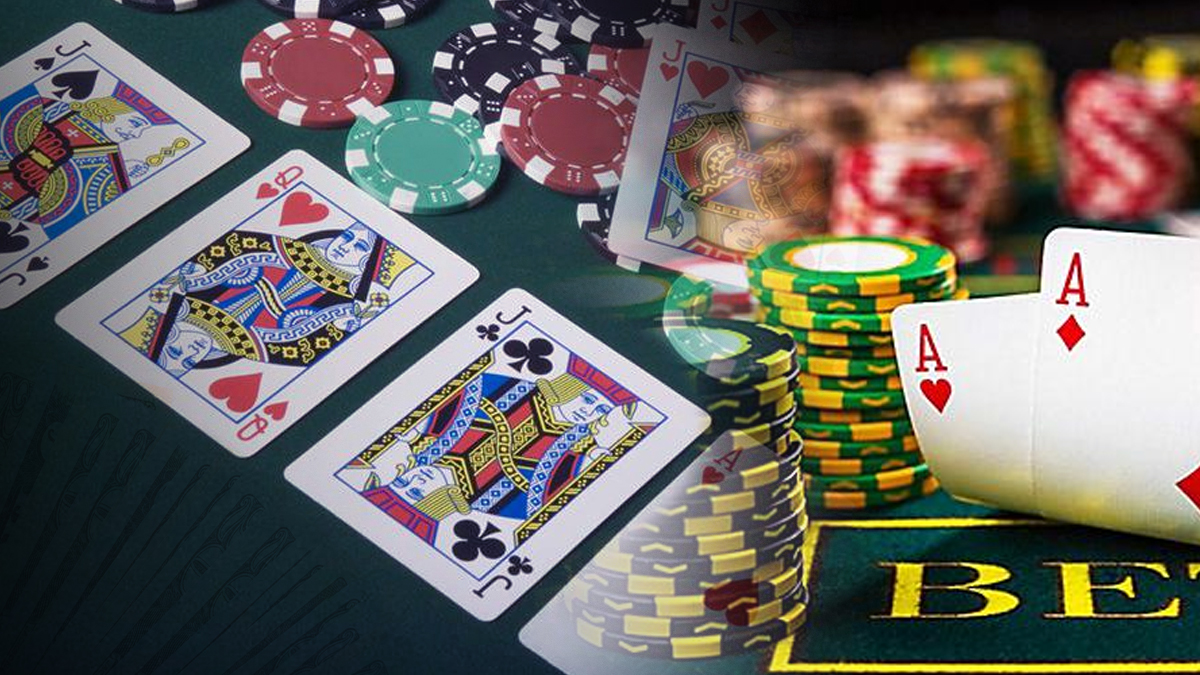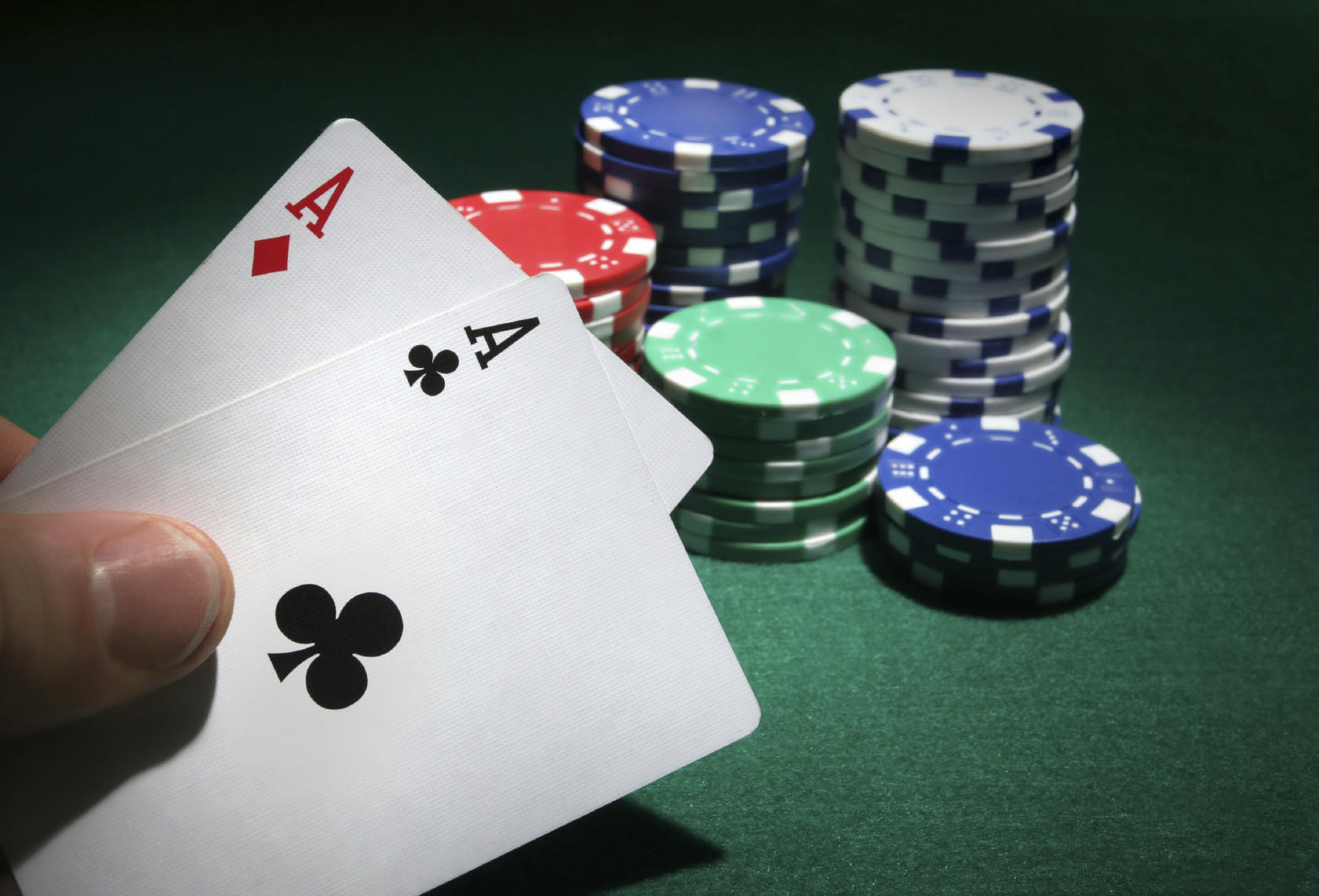Good Texas Hold'em Strategy
Although it's possible to talk about Texas Hold'em strategy indefinitely, due to the game's subtle complexities, we've compiled three of the most salient pieces of poker advice every aspiring pro should know.
Playing A-9 off-suit in the Early and Late Stages of an MTT A hand like A-9 off-suit could easily hit the muck pre-flop in the early stages of an MTT. In the late stages, post bubble, this hand. Tips and Strategies on How to Play Texas Holdem Poker Cards. To be a great Texas Hold’em Poker player, you must be able to read/guess the enemy’s card, whether your enemy is just intimidating (bluffing) or they have strong cards. However, learning the basic rules and some basic Texas Hold’em Poker game strategies can also make you last.
No-Limit Texas Holdem Tournament Strategy Learn the most important aspects of great Texas Holdem tournament strategy from some of the game’s best professional players. Learn how to play in every level of a poker tournament, big or small, with proper balanced play and expert advice. No Limit Hold'em Strategy Becoming a better online Texas Hold'em player is a matter of application, dedication and a little bit of luck. Although improving players love to make claims.
Pulling off fancy bluffs and check-raising the river with a small value bet may be enticing propositions. However, if you haven't mastered the basics, then you'll never have the ability to play like Phil Ivey and run these sorts of complex plays.
With this in mind, here are some good strategies online players with a burgeoning bankroll should commit to memory.
Cut Down the Amount of Hands You Play
One of the biggest mistakes novice players make when they first start playing Texas Hold'em is to get involved in too many hands.

Although the prospect of making a strong hand or bluffing our opponent is appealing, it's can actually be a major drain on your bankroll if you get involved in a lot of pots.
One important fact to remember is that if you play a lot of hands you will make a pair less than two-thirds of the time and this often means you'll have to fold a lot post-flop.
Secondly, if you do manage to make a hand it will be usually be weaker than average, which means you'll lose pots (and therefore money) at showdown more often.
Be More Aggressive
Coupled with a habit of playing more hands than is profitable, newbies will often adopt a passive strategy when they enter a pot.
Instead of raising or re-raising they will usually limp or call and allow another player to take control of the hand. This is potentially fatal because it means the passive player is more likely to be bullied into submission and, therefore, lose the pot.
There's an old adage in poker that you should try to remember if you want to avoid being passive and make more money: 'If a hand is not worth raising, then it's not worth playing.'
Be More Active
Although standard online Texas Hold'em strategy advocates that you take regular breaks, the reality is that most professional grinders never stray too far from their computers.
It may not be the right thing to do, but many online poker pros will put in 18-hour sessions without a second thought for their health, or, indeed, the health of their bankroll.

In the world of Texas Hold'em online, volume is king and if you aren't prepared to sit for hours on end at a computer then being a professional isn't for you.
Always Try and Play in Position
Position is king at the poker table and before you enter any pot you should consider where you are in relation to the button, the blinds and to any active players. Essentially this means you should play more hands the closer you are to the button because you'll have the benefit of extra information. Sometimes playing out of position is unavoidable, but if you want to have the greatest advantage over your opponents it's important to always play in position.

Get Ready With Your HUD
Tips For Playing Texas Holdem With Friends
Hand reading is a basic tenet of good poker, but when you're an online pro you can often get away with substandard powers of deduction by using your HUD. A Heads Up Display unit can uncover a multitude of tendencies on your opponent and help your decision making process immensely.
Texas Holdem Rules For Beginners
Good starting hand selection is very important
If you structurally choose to play better hands than your opponents then you will already have a great advantage over them. Especially if you are just starting out in Texas hold'em then good starting hand selection will keep you out of trouble after the flop.
The top ten best Texas hold'em starting hands
1 2 3 4 5 6 7 8 9 10 AA KK QQ JJ AKs AQs TT AKo AJs KQs The little 's' stands for 'suited' and the 'o' for 'unsuited' or 'of suit'. Good starting hands are those hands which either don't need to hit the flop (like big pairs) or often make the best hand when they do hit the flop. These hands make the best possible flushes and make top pairs with very strong second cards ('kickers').
The worst Texas hold'em starting hands
1 2 3 4 5 6 7 8 9 10 72o 82o 73o
83o26 29
39
492To 59o 47
48
58
63Q3o
K2o
J5oA2o
A4o
A6oThe bad starting hands do not offer the possibility to hit a straight or flush with both cards; they are unconnected and unsuited. They will hit low pairs or top pairs with bad kickers and will lose you chips when your opponent hits the same pair with a better kicker. Don't play these hands. They will get you in trouble more often than not.
Keep an eye on your position
If you have the button or are close to the right of the dealer then you will be very likely to act last after the flop. This gives you an informational advantage over your opponents: you can see what they do before you have to act. Try to take advantage of this by playing more hands 'in position' then 'out of position'; play most of your hands when you are (close to the right of) the dealer.
Do not overplay single pair hands
Putting a lot of your chips in the pot with just a single pair rarely is a good idea. If you have a middle pair or a top pair with a weak kicker and are facing strong bets from your opponent then you are usually beat. Fold, keep an eye on this opponent and win your chips back when you are the one with the stronger hand and he or she isn't able to let go of the weaker hand like you did.
Don't slowplay big pairs
Big pairs like aces, kings and queens are great hands to be putting a lot of chips in the pot with unless you see the flop with many opponents. Then the chance of someone hitting a better hand than you will be bigger. Just raise your big pairs pre-flop to fold out the weaker hands that might flop a lucky two pair otherwise and to give yourself a higher chance of winning the hand.
Try to be the aggressor
If you are aggressive, meaning that you bet and raise a lot instead of just calling, then you give your opponent the option to fold to your bets. By taking initiative and being aggressive you therefore give yourself an extra possibility of winning the hand. Don't overdo it though; you don't want to be aggressive with a hand that would deserve a fold instead.
If you're playing the board, your opponent can see your hand
What this means is that if you make a hand with both your hole cards it will be more concealed for your opponents and the chance of your hand being second best is generally smaller. Don't draw to a one card straight, because it will be obvious to other players when there are four cards to a straight on the board. You will either win very little, or lose a lot to the player that uses both his hole cards to make a better straight.
Eventually knowing the odds is important
Having a rough idea of the odds of hitting your draws and of how to calculate pot odds is very important in order to play winning poker. Although for the first time poker player pot odds is not a subject to directly dive into (it takes some time to learn), it surely will be rewarding to follow this pot odds guide when you decide to play poker more often.
You can't win more than your opponent's stack
As obvious as it may sound, the smallest stack of you and your opponent will be the limit as to what you can win in no-limit games. If this stack is very small, it might not be rewarding enough to chase certain draws as you won't be able to win enough when you hit to make up for the times you miss and lose. Your 'implied odds' aren't high enough.